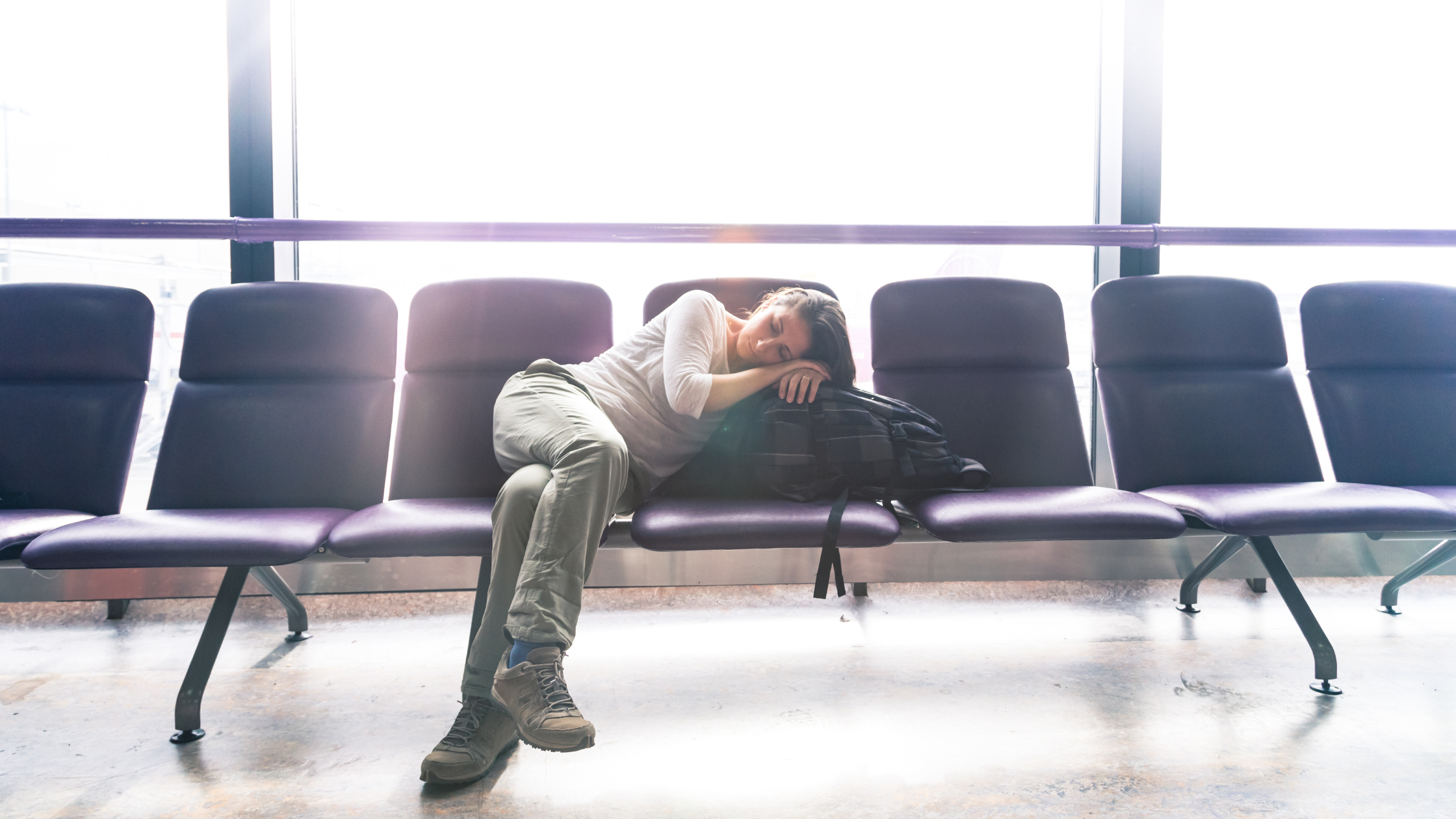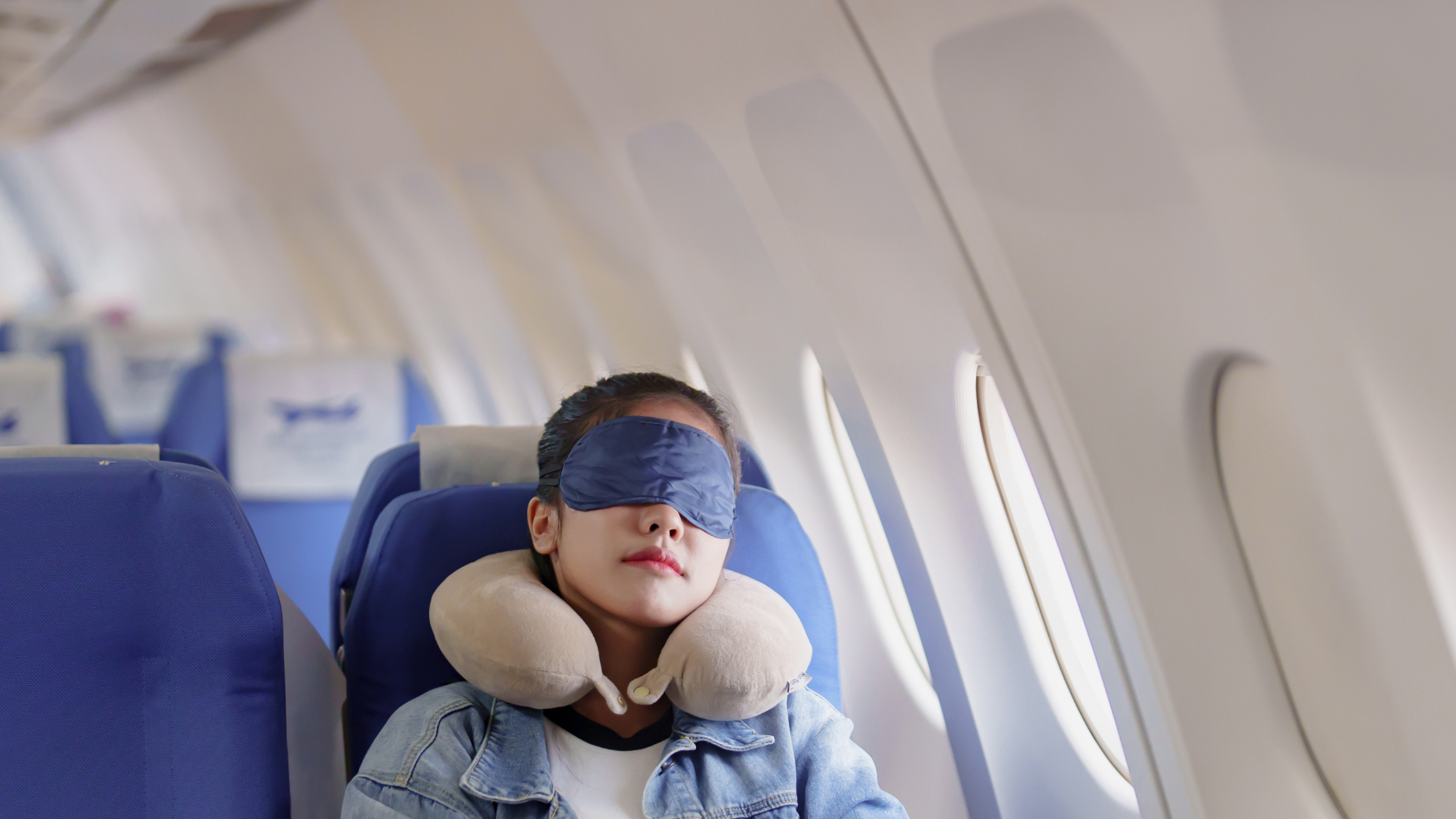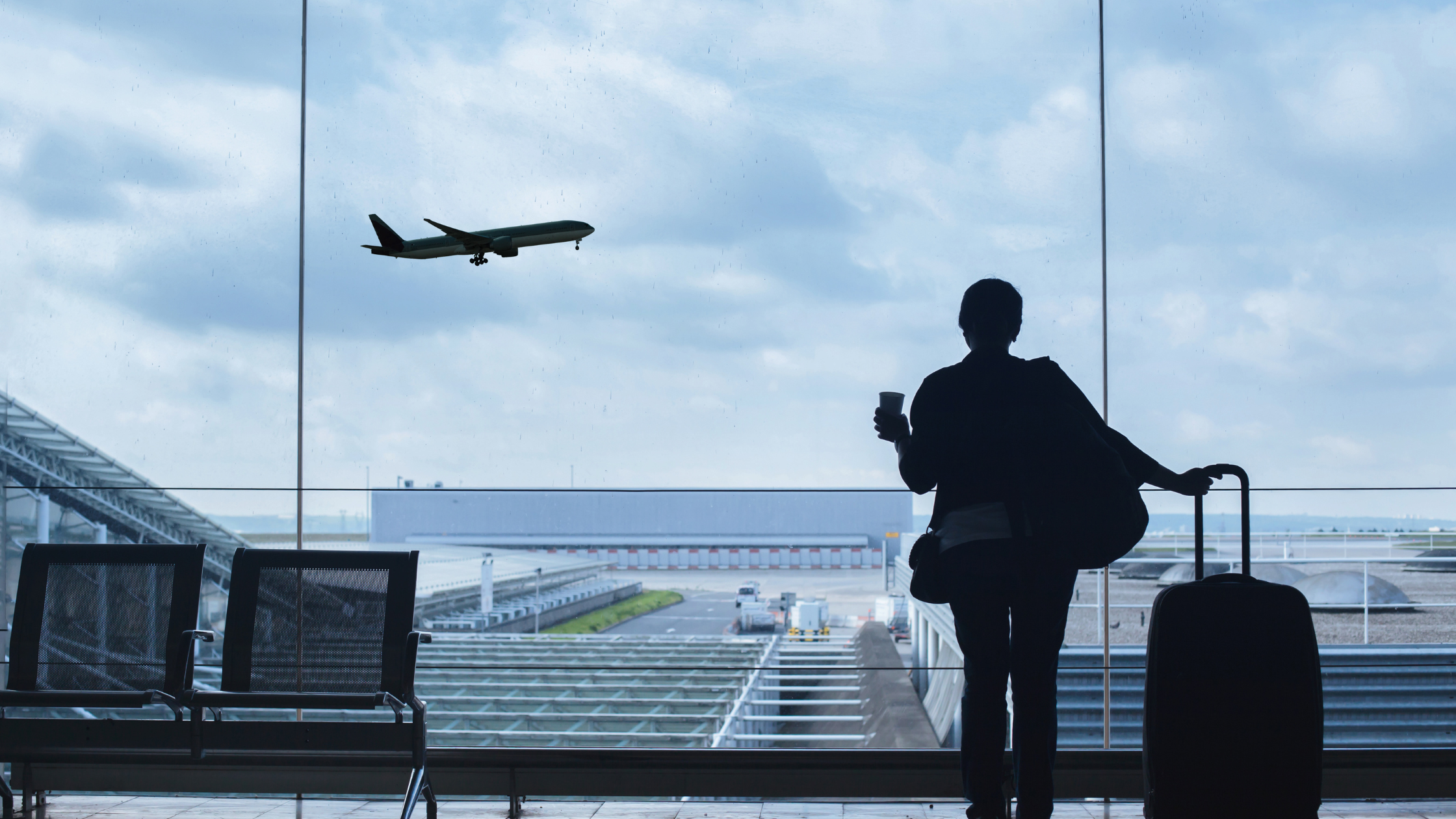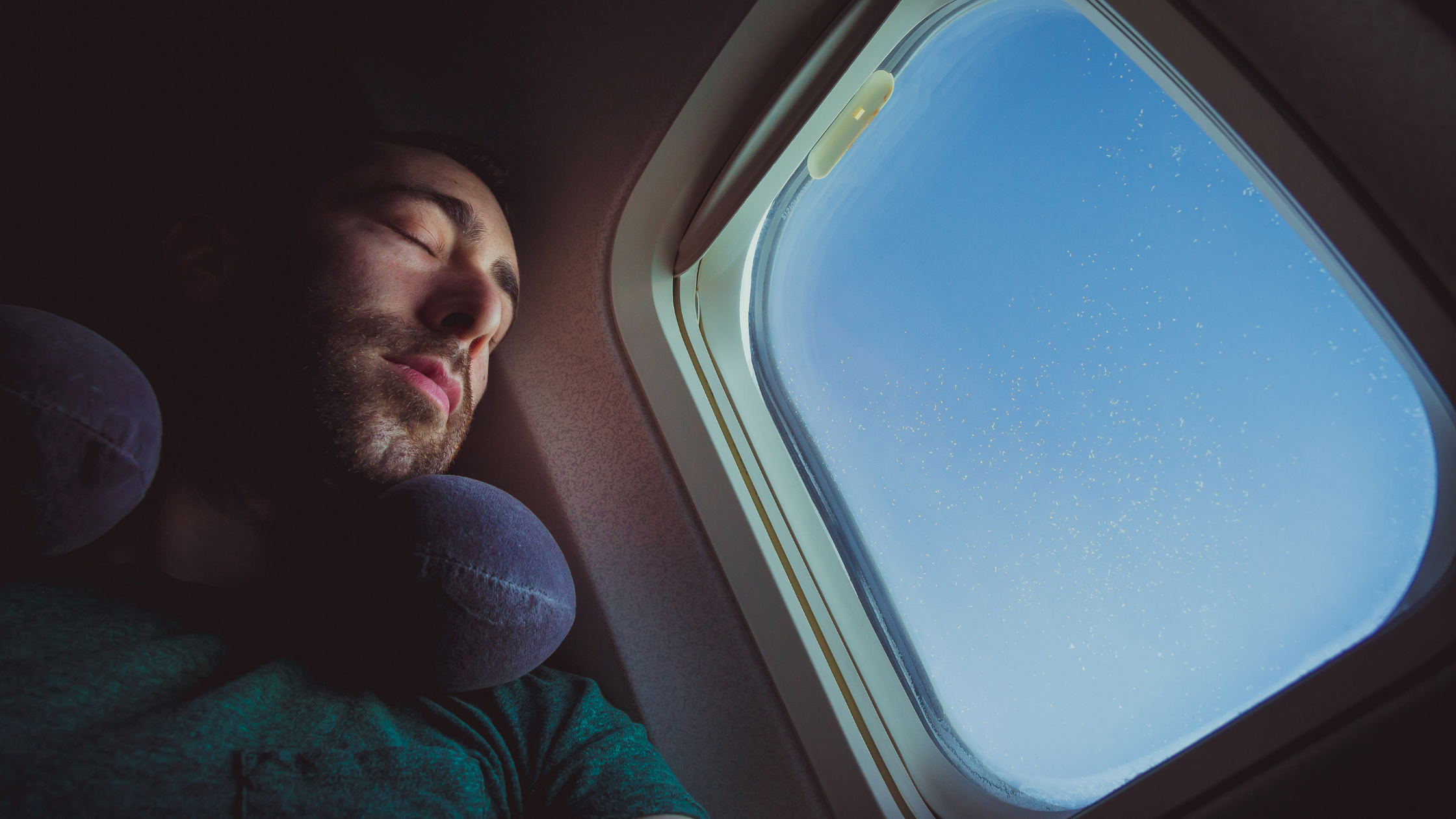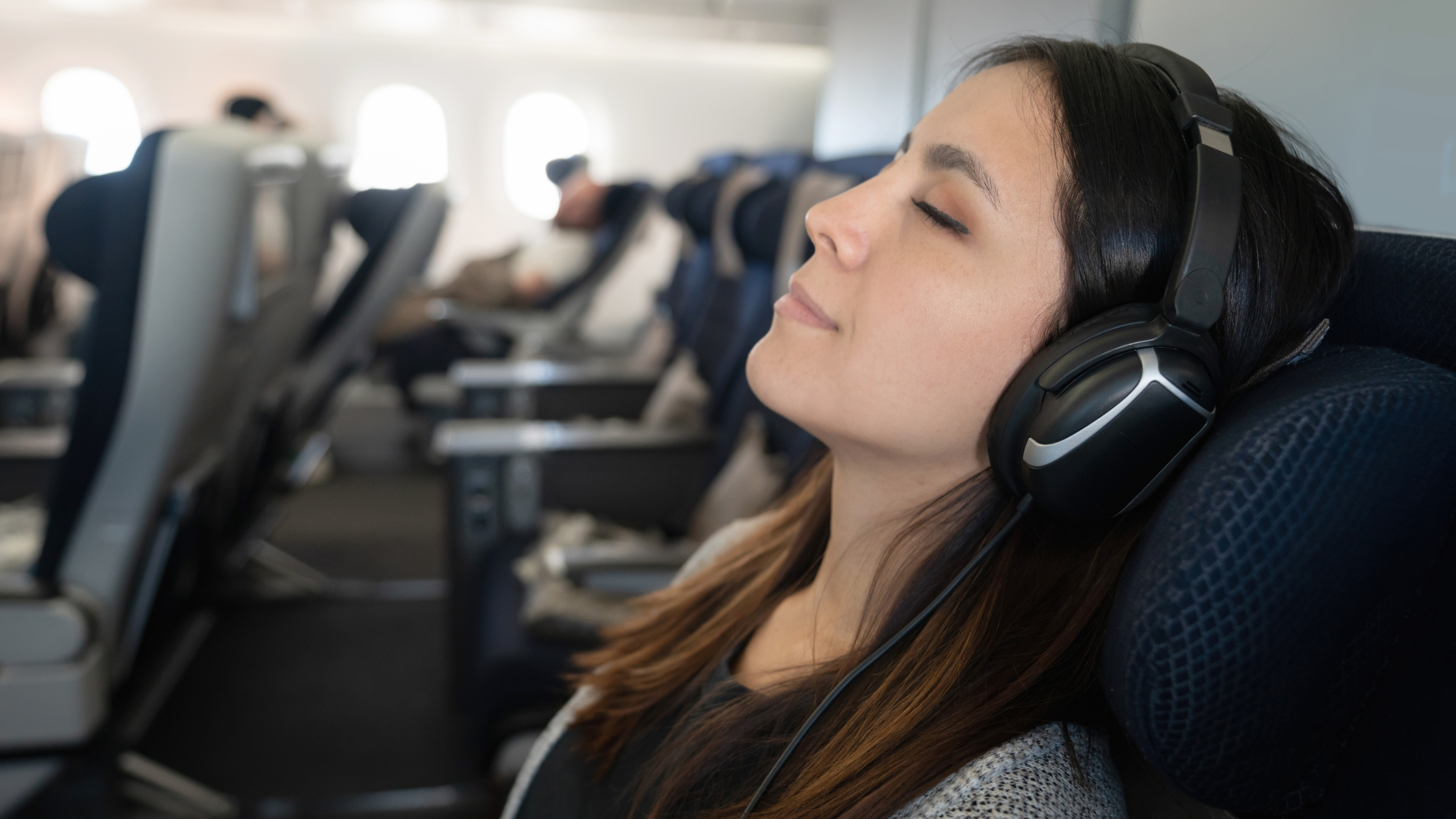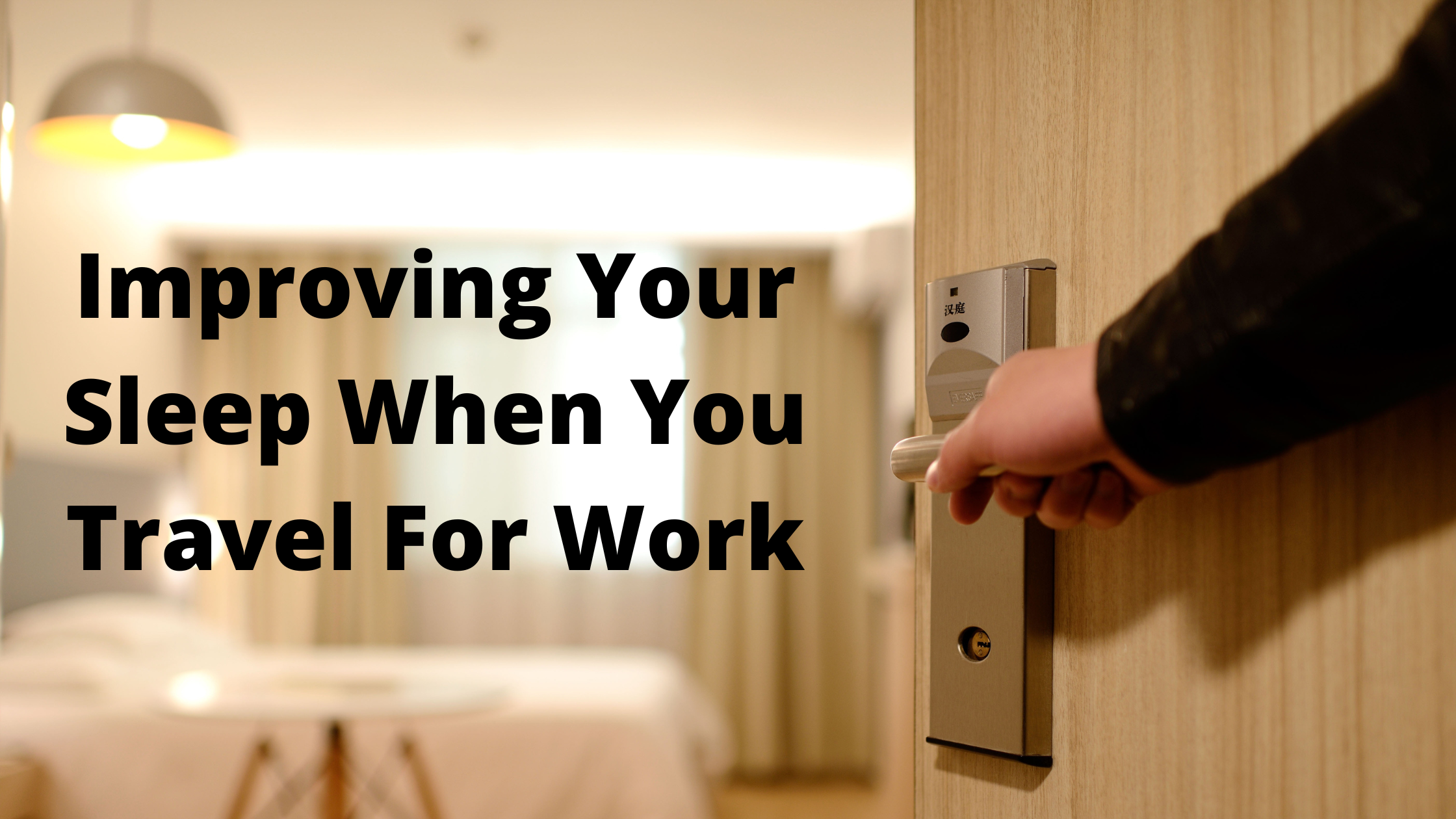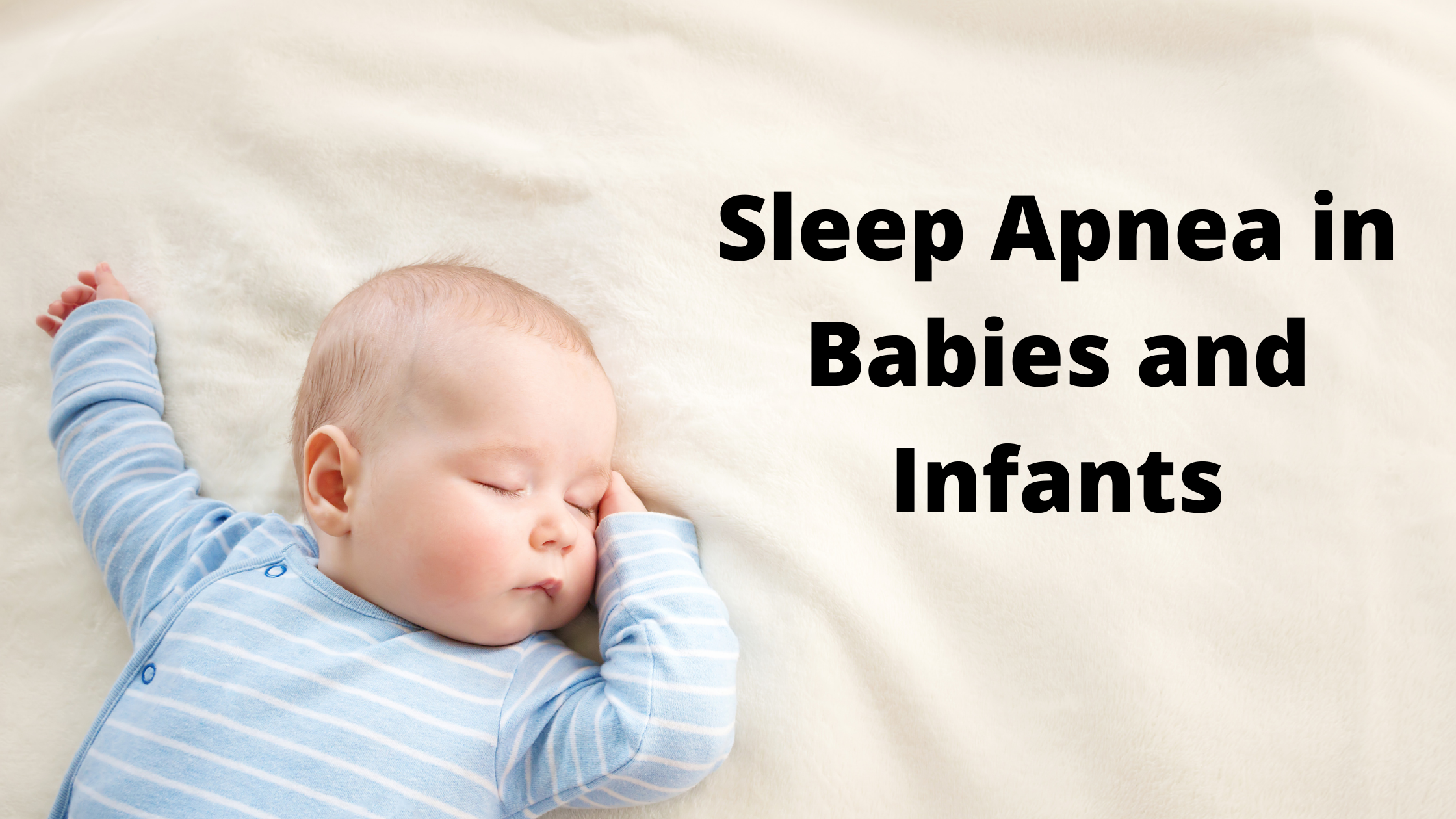Traveling across time zones can throw your sleep schedule completely off track. That groggy, disoriented feeling you get after a long flight? That’s jet lag—and it can take days to shake. One popular tool many travelers turn to is melatonin, a natural sleep aid that may help reset your internal clock and make the transition smoother.
Here’s how melatonin works, and how to use it effectively to combat jet lag.

